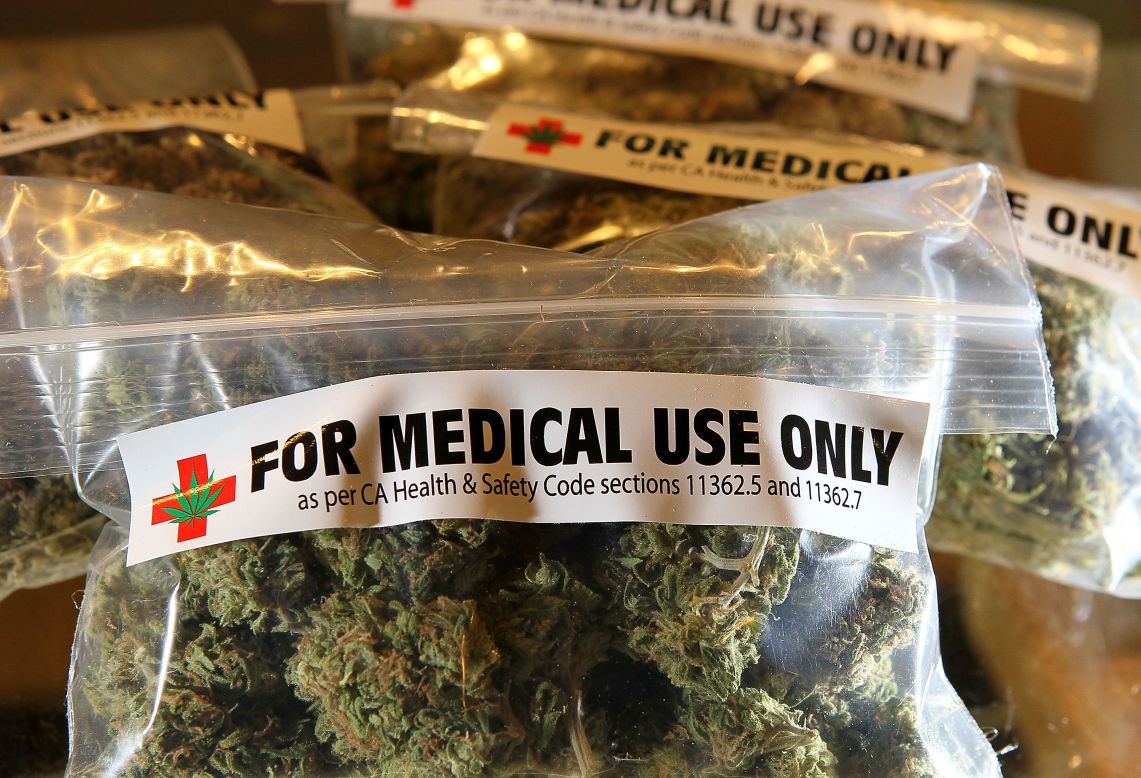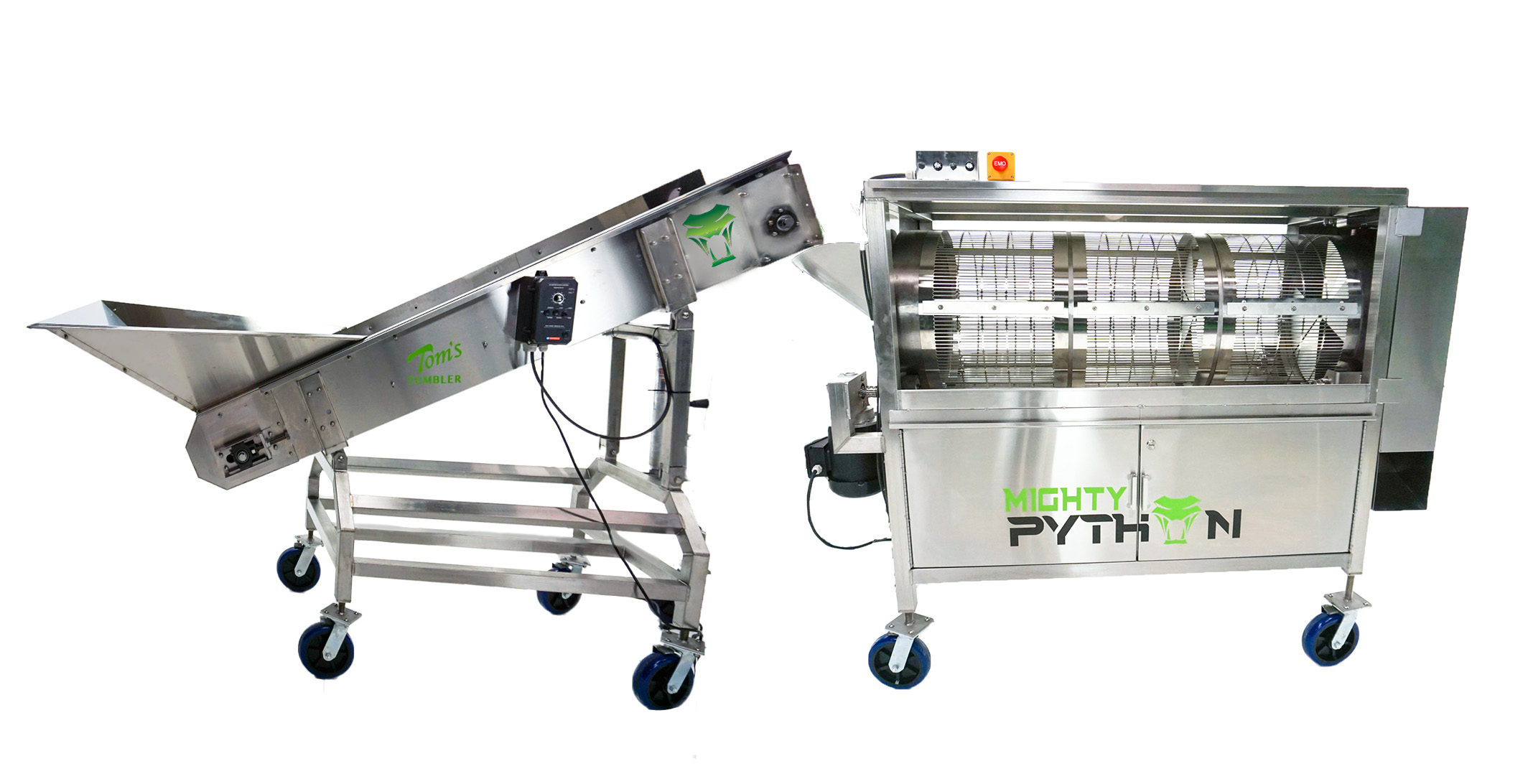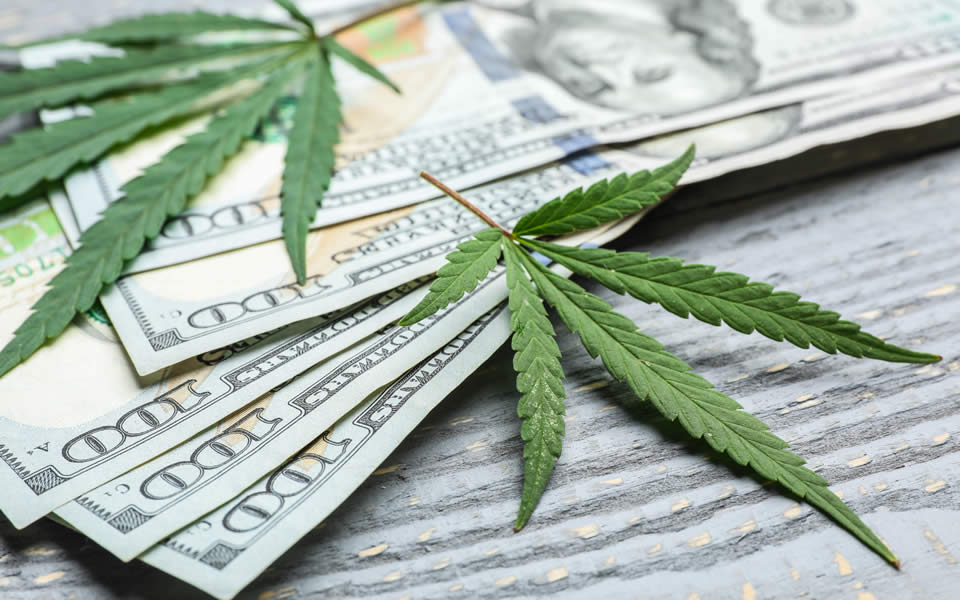Rescheduling Cannabis and What This Means for the Industry
Posted by David Vines on Feb 2nd 2024

In the ever-changing landscape of the cannabis industry, all plant-touching operators are constantly on a quest to maximize their operations while minimizing their costs. As is in every industry: ROI is the name of the game! The market in the cannabis industry has been particularly volatile over the last couple of years, especially in Legacy markets (California, Oregon, Colorado, and Washington).
The DEA’s recent announcement to reschedule cannabis to Schedule 3 could bring more potential to this growing industry. Learn what this means for your industrial cannabis operation.

Schedule 1 to 3: What it Means for Cannabis
In recent days, an important announcement has been made about the rescheduling of cannabis in the United States. Marijuana (Cannabis with more than 0.3% THC) is currently listed as a Schedule 1 narcotic by the United States Drug Enforcement Agency (DEA). Schedule 1 drugs are considered the most dangerous of all, and to have zero medicinal application. This means that Cannabis is scheduled alongside the likes of Heroin, LSD, Ecstasy, etc...where it clearly doesn't belong.
According to the latest reports, the US Government has released hundreds of pages of documents related to its current review of the status of marijuana under federal law. For the first time ever, health officials have recommended that the DEA reschedule marijuana (Cannabis) as a Schedule 3 narcotic, alongside Anabolic Steroids, Testosterone, Ketamine and Tylenol with codeine.
According to the Department of Health and Human Services (HHS), marijuana "has a currently accepted medical use in treatment in the United States.”
What Does This Rescheduling Mean for the Cannabis Industry?
Should the DEA officially reschedule marijuana (cannabis) as a Schedule 3 drug, how would this affect the industry...and whom? There are 3 very positive effects that could result from such a highly anticipated rule change:

1. Cannabis Research Opportunities
Due to the official prohibition of cannabis as a result of the 1970 Controlled Substances Act, it has been increasingly difficult for cannabis research to be conducted. Complex federal and state regulations and limited funding have made it nearly impossible for scientists to conduct research experiments. The rescheduling of marijuana would open up the opportunity for more scientific research to be done on more cultivars...not only the low THC strains that have been currently approved for testing.
2. More Banking Options
Due to the federal and state regulations surrounding marijuana, most financial institutions have opted not to form any relationships with plant-touching operations, so as to reduce any risk from a volatile industry. The full de-scheduling of cannabis would make marijuana a fully fundable business, which would allow operators and farmers to secure funding (loans, grants, etc) for their business ventures. The re-scheduling of cannabis would be a great step in this direction.
3. No More 280E
Perhaps the most critical benefit of the rescheduling of Cannabis comes in the form of US Tax Code 280E; also known as the arch-nemesis of all cannabis operations.
In 1981, Jeff Edmondson, a convicted drug dealer, took the US government to court over the ability to write off his taxable cost of goods. After being convicted of drug trafficking, he still won his case and was able to write off his apartment rental, paraphernalia, mileage, cell phone bills, and more. Needless to say, this infuriated Congress and the rules were changed the following year. Per 280E, all businesses associated with the "trafficking" of Schedule 1 or 2 Drugs, are expressly forbidden from deducting ordinary business expenses from their gross income. These significant taxes are in large part, why the Black market has continued to thrive in the cannabis industry.
In 2022, state-legal Cannabis businesses paid in excess of $1.8 Billion more in taxesthan non-cannabis oriented businesses. The rescheduling of cannabis to Schedule 3 will free all cannabis businesses from the financial burden of 280E, which will allow all plant-operators to save money, and reinvest directly into their own business.
 A Look Into the Future of the Industry
A Look Into the Future of the Industry
There are many steps that must be taken before cannabis is de-scheduled, or even rescheduled, but these latest reports are a clear indication that we are on the verge of making significant improvements to the archaic legislation of the past. It is critical that all plant-touching and cannabis manufacturing operations take a look at their finances, and discover the most effective ways to re-allocate their future funds in a way that increases business and efficiency in their process.
A Solution to All Post-Harvest & Cannabis Manufacturing Operations
Here at Tom's Tumbler / Python Industries, we are your one stop shop for all Post-Harvest solutions, and we will be right here to help you thrive in this ever-changing industry! Our bladeless bud trimmer machines are designed to effortlessly and efficiently optimize your manufacturing process.
Browse our industrial cannabis equipment or learn more about our solutions.



